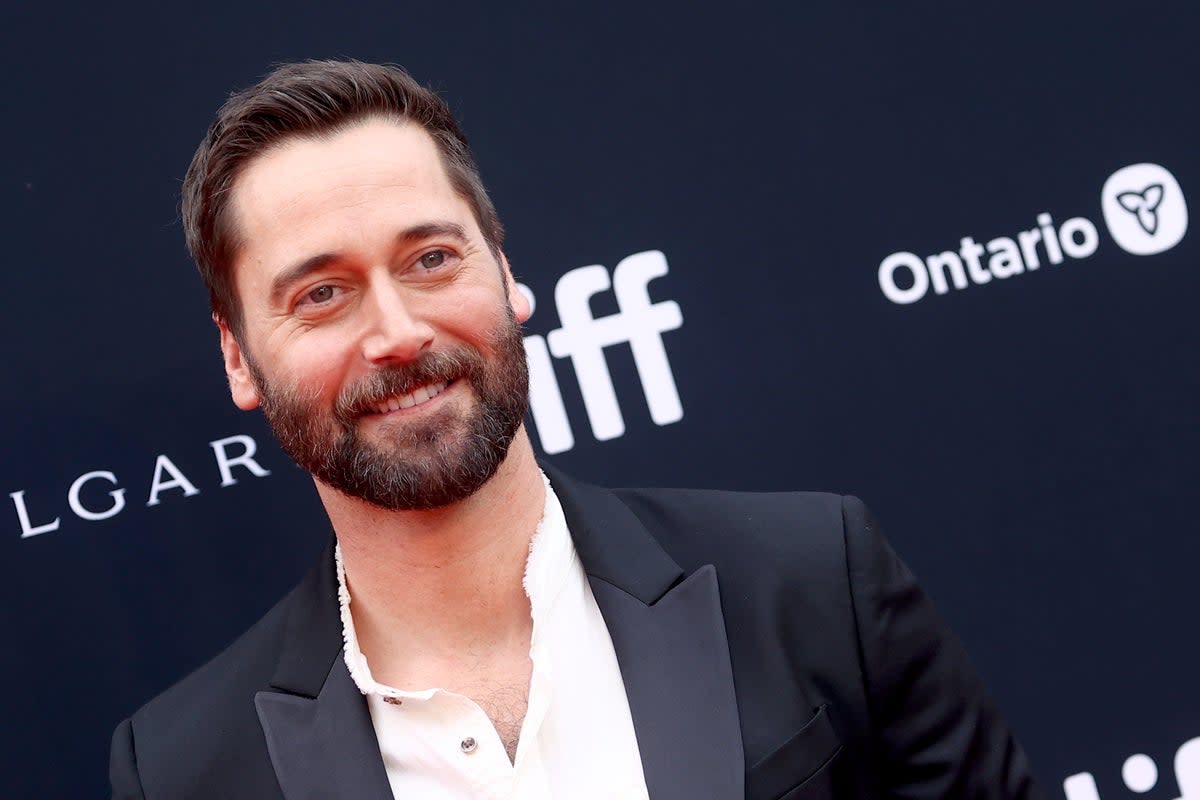Voices: The issue with New Amsterdam

The 2018 premiere of New Amsterdam coincided with my time living in New York, and its grasp of the harried, anything-can-happen vibe of the city’s emergency departments immediately caught my attention. Yes, it is a medical drama, but the setting is a dingy hospital, not the sleek, resort-esque facilities like those of Grey’s Anatomy and The Good Doctor.
New Amsterdam seemed more authentic and was, in fact, filmed at NYC locations, including the hospital formerly run by Dr Eric Manheimer, whose book Twelve Patients: Life and Death at Bellevue Hospital inspired the series. The protagonist Max Goodwin, played by Ryan Eggold, is loosely based on the doctor, and audiences have been drawn in by Eggold’s portrayal of an endearing, selfless, resourceful manager more loyal to actual healthcare than red tape.
For any fans of The Blacklist considering watching New Amsterdam, I will say it took me more than a full season to stop seeing Eggold as “that guy from The Blacklist”, a character so vastly different from Dr Goodwin that I found it almost distracting.
The first two seasons take off at a good pace, its authenticity further bolstered by a diverse array of perfectly imperfect characters. A married gay psychiatrist raising an adopted brood while struggling with an eating disorder. A Black female British oncologist weighing career and family while dealing with a difficult mother and Muslim niece. A widowed Indian specialist coping with loneliness while trying to repare the relationship with his addict son. A brilliant surgeon who happens to be a trailblazing deaf woman.
New Amsterdam’s cast has been lauded as one of the best examples of representation on television, including characters and actors of all races, creeds, statures, sexualities, abilities and everything in between. The show skillfully tackles unique problems faced by these unique characters without centering the plotlines around their uniqueness. The characters are multi-dimensional and complex. That was honest and practical and endearing – at first.
Diversity in casts and storylines is imperative, and a great success in this show, but must be bolstered by a strong script. After two seasons, it’s as if the writers get cocky. The show has never been afraid to take on difficult issues, however as the seasons continue, the plots become overtly political in a way that veers from entertaining to patronizing. Eggold’s character dials up his altruism to the point where his earnestness becomes exhausting, his selflessness bordering on reckless and masochistic.
Season three debuted in March 2021 and, like most medical dramas, New Amsterdam wasn’t sure how to handle the pandemic; the uncertain respite nearly seemed to have thrown the team off its game, and they failed to recover fully.
Despite the Jesus-like nature of the protagonist becoming somewhat exhausting, the pace and stamina of the show cannot be questioned. The cliffhangers remain strong throughout, with the writers having the chutzpah needed to kill off characters. Many plots were ripped from the headlines, from ransomware attacks on hospitals to the overturning of Roe v Wade. More than once, when an episode thread rang vaguely familiar, I found myself googling to research the true case it was loosely based on.
It’s not surprising that New Amsterdam is currently the top show on Netflix in the US following its release on the platform, but it will be interesting to see whether that momentum keeps up as viewers power through the first two seasons. It lost its magic somewhere around the end of the third season for me, ao much so that while the program’s finale aired on 17 January, I didn’t watch it until this week. Even then, despite a twist I can only describe as cute, I found the episode underwhelming and anticlimactic.
New Amsterdam’s authenticity was refreshing when it first aired and its diversity something we desperately need more of on television, but the show eventually overshot; it all began to feel stale and stilted as ideological crusading overshadowed performances and the program’s heart, which has always very much been in the right place – championing humanity and the marginalized, as a real public hospital should. A little less heavy-handedness would have gone a long way, though, as would have a few more blow-ups instead of inspirational quotes.
That being said, I still watched all five seasons. It remains to be seen whether the show’s new Netflix fans will do the same.

 Yahoo News
Yahoo News 
